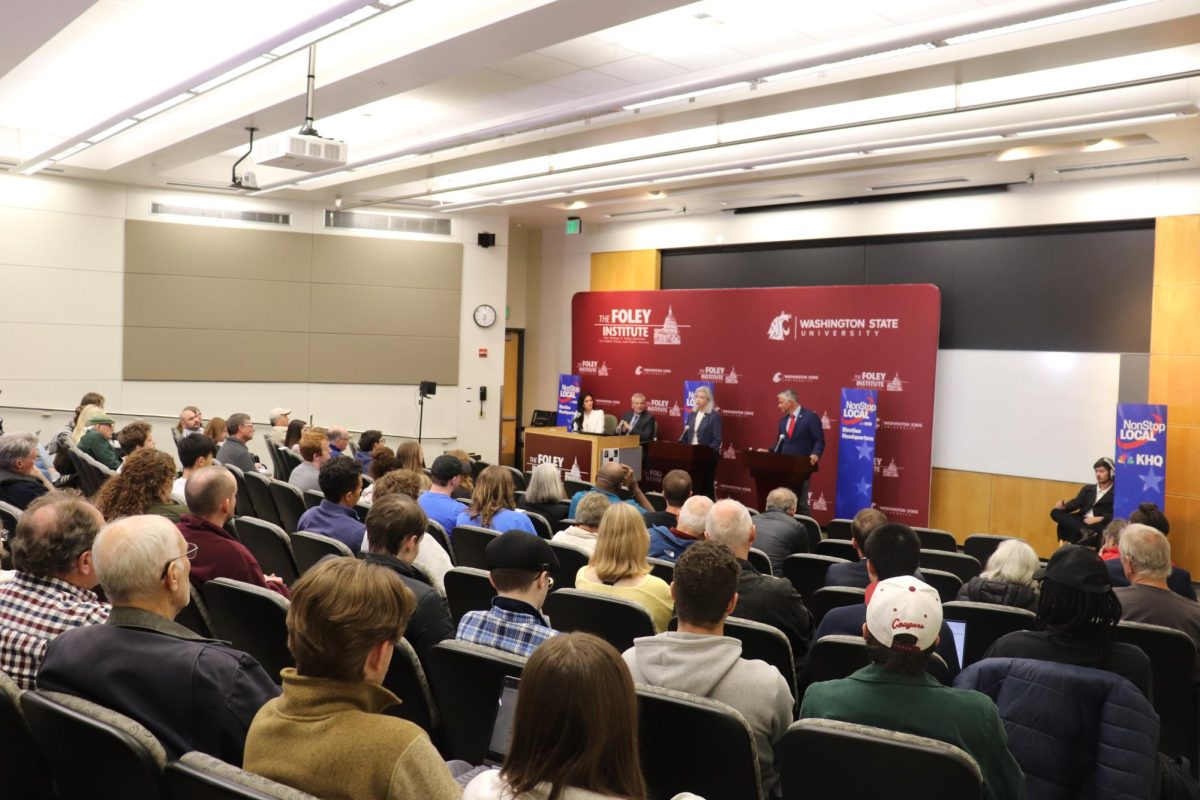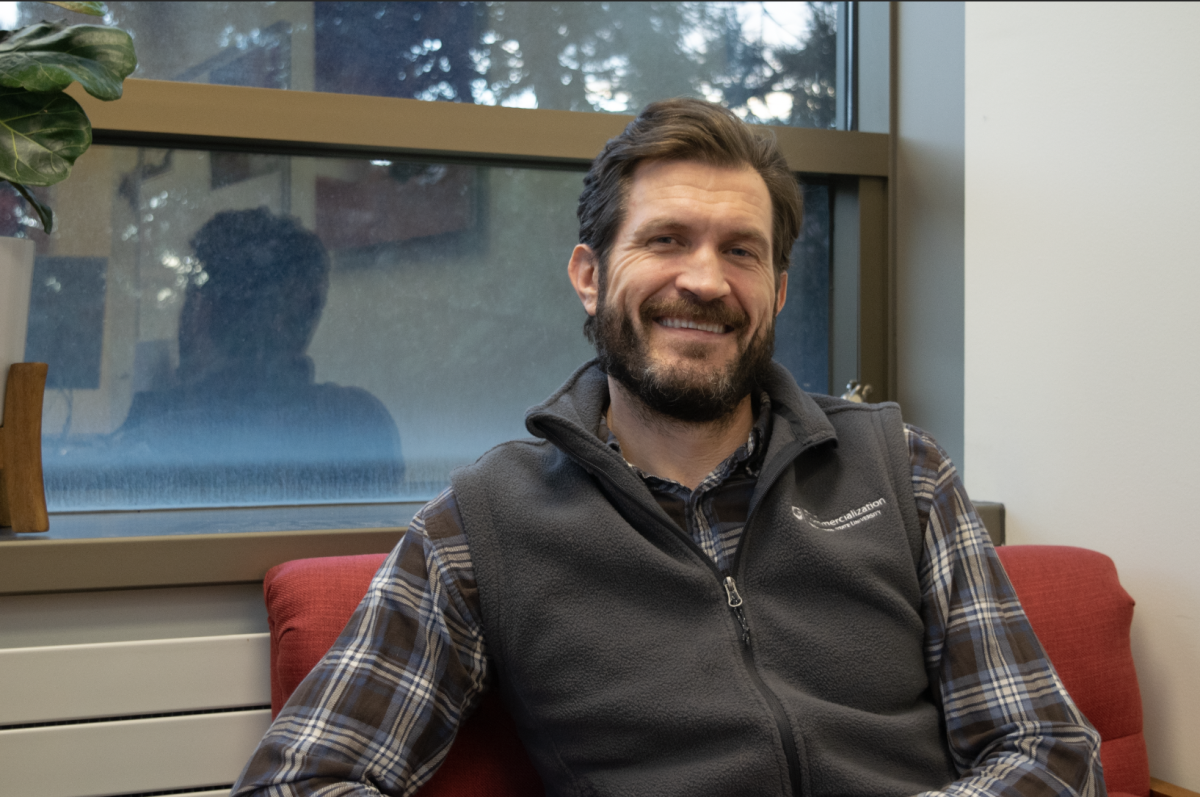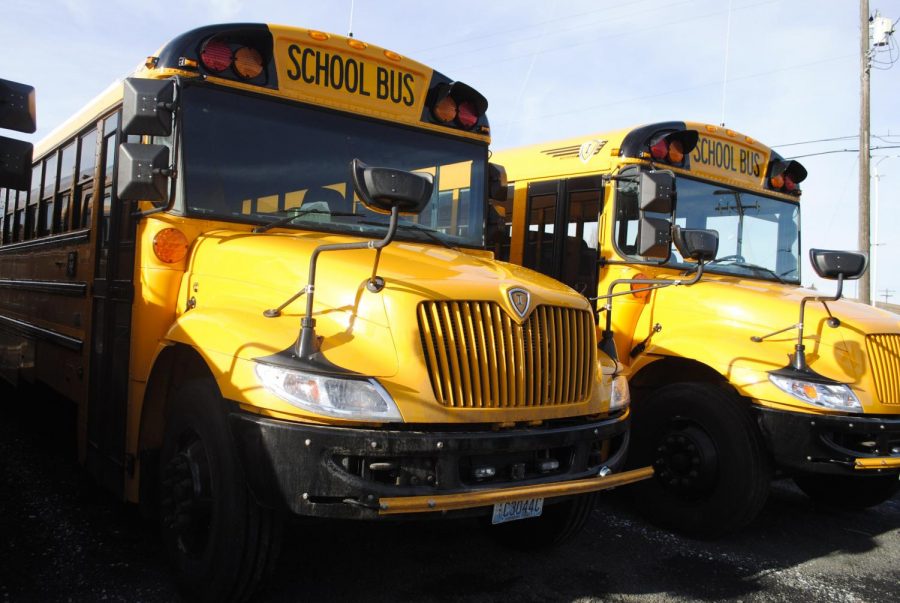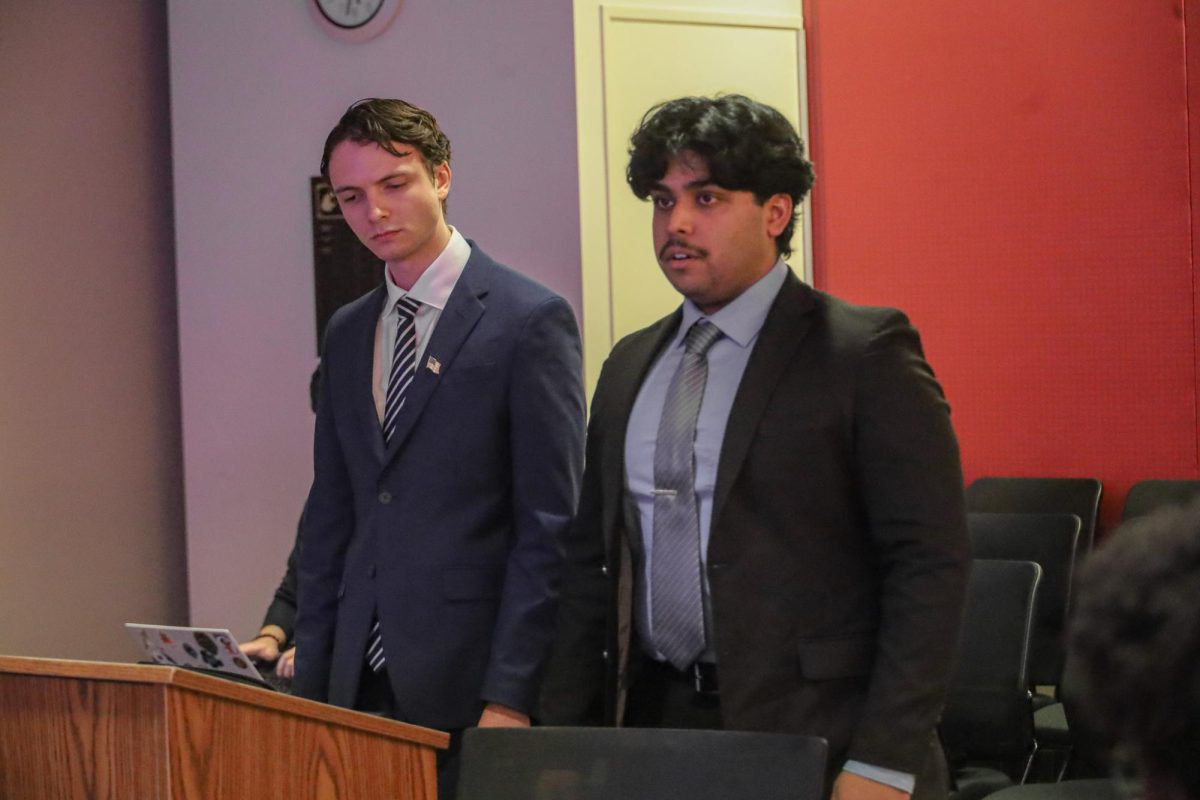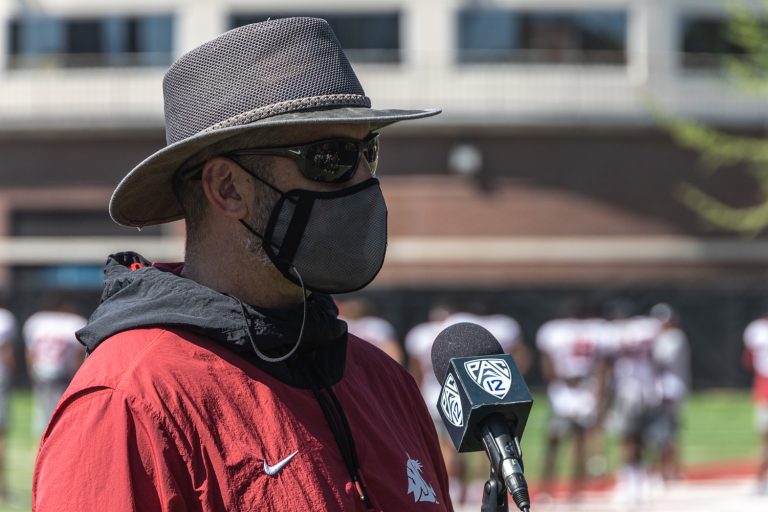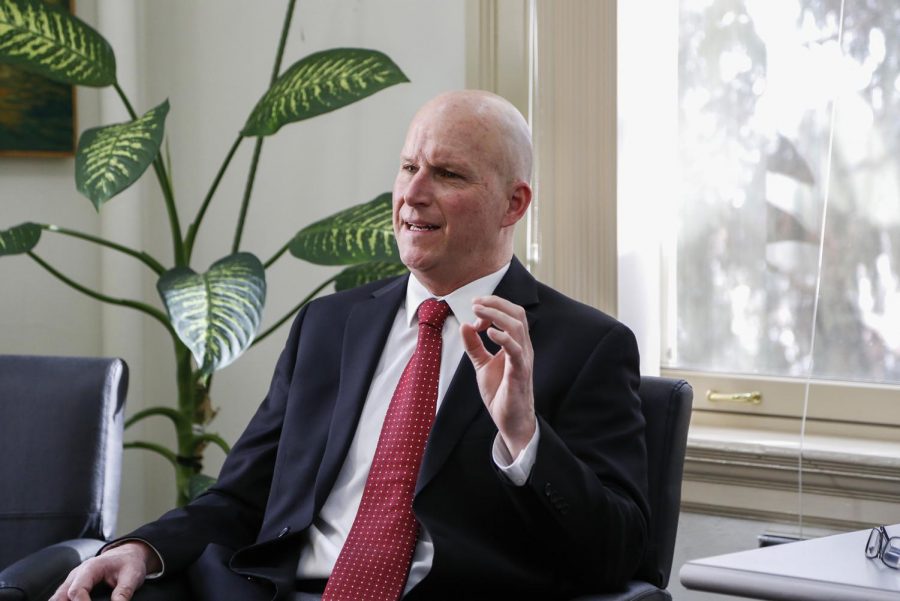Micheal Baumgartner (R): “What I saw in Olympia, when I was state senator, is that each time majority party democrats had the opportunity to tilt the playing field in their favor, in the elections, they would pass laws that do that, they would erode that trust. Most recently we saw a very questionable decision to redistrict a legislative district, in the southern part of Washington, away from a Hispanic Republican member who had that district.”
MISLEADING
Baumgartner is referring to legislative district 14. In 2023, a federal judge ruled that Washington State had to redraw the 15th legislative district because it violated the U.S. Voting Rights Act. It was redrawn and renamed to the 14th district by that federal judge and approved by U.S. District Court Judge Robert Lasnik. The goal of redrawing this district was to give Hispanic and Latino voters equal opportunity to elect their candidate of choice, according to Axios. The new map pushed out three Republican state senators as well as two state House members. In 2023, a bill that aimed to enhance the Washington Voting Rights Act was passed and signed into law. It passed both the House and Senate with nearly every Republican as well as two Democrats voting against it. The bipartisan Washington State Redistricting Commission typically handles redistricting.
Carmela Conroy (D): “Specifically, that he would take away from us in Washington State the ability to vote-by-mail. That’s an ability that I took advantage of for the almost 25 years that I was in the foreign service, when I lived overseas, I always voted here.”
POTENTIALLY MISLEADING
Baumgartner hasn’t specified to the media whether he supports banning vote-by-mail. In the 2018 legislative session, Baumgartner voted against automatic voter registration for people 16 and up. Like Conroy, Baumgartner spent time overseas with the State Department.
Baumgartner: “Unfortunately, the government is doing a number of things to make housing more expensive, in the state of Washington, about $150,000 in the value of a new home is directly related to regulation coming out of Olympia, some of it comes from D.C., most of it comes from Olympia, in terms of environmental, zoning permits, labor laws, so that really increases the price of a house.”
NEEDS CONTEXT
Baumgartner did not specify where he got this number from; his campaign manager said Wednesday he would ask Baumgartner where he got the source. A 2021 study from the Building Industry Association of Washington found that, statewide, zoning accounts for $71,739 of the cost of a newly built home. Zoning tax varies, however, depending on where in the state a house is. The county with the lowest zoning tax is Kittitas County in central Washington, at $4,813 per home. The highest zoning tax, Whatcom County in Northern Washington, is $205,483 per home. Washington State has no specific fee or tax on labor laws relating to housing. Washington State requires all cities and counties to adopt critical areas ordinances, which can result in a fee to property owners.
Baumgartner: “You can bet your bottom dollar that terrorist groups like Hezbollah and other Iranian-backed groups are using that unsecured southern border and it’s not an if but a when we will have a terrorist attack from folks coming through that southern border.”
NEEDS CONTEXT
In March, border agents in Texas stopped a migrant who claimed to be a member of the Iran-backed militant group Hezbollah. He said he was headed to New York and was going to try to make a bomb. The man was taken into custody and Federal law enforcement launched an investigation. Customs and Border Protection encountered 172 non-U.S. citizen migrants who tried to cross the U.S.-Mexico Border in fiscal year 2023 whose identities are a match with those on the Terrorist Screen Dataset. FBI director Christopher Wray said before Congress in 2023 he is worried about threats from terrorists exploiting the borders.
“I am concerned that we are in … a heightened threat environment from foreign terrorist organizations for a whole host of reasons and obviously their ability to exploit any port of entry, including our southwest border,” Wray said. “We have seen an increase in so-called KSTs, ‘known or suspected terrorists,’ attempting to cross over the last five years.”
There were 106 encounters with non-U.S. citizen migrants whose identities matched those on the TSDS in the 2024 fiscal year (Oct. 2023–Sept. 2024), according to U.S. Customs and Border Protection.

